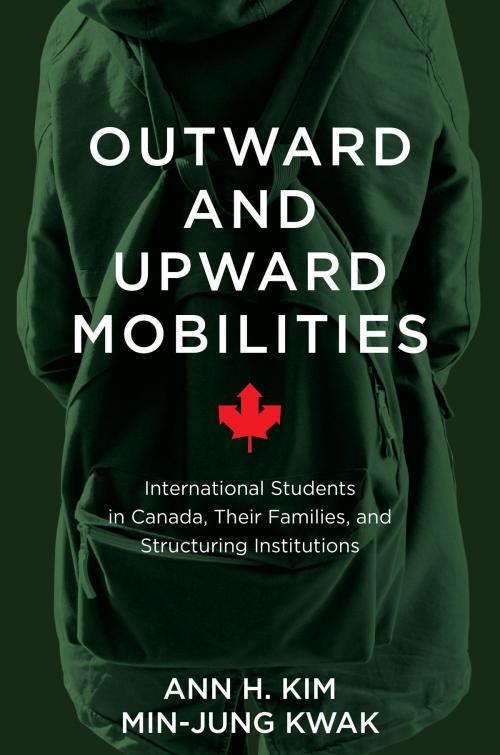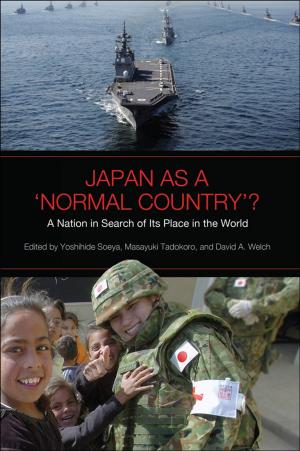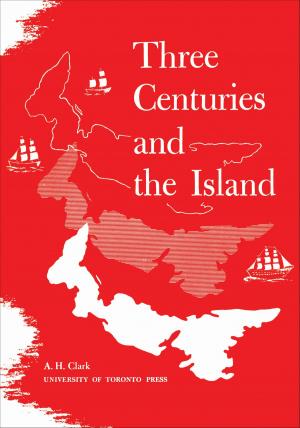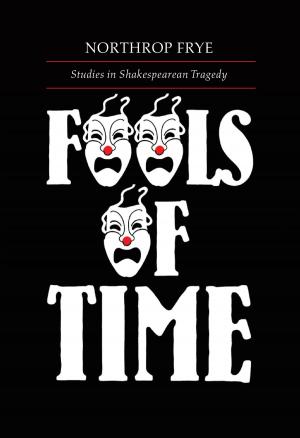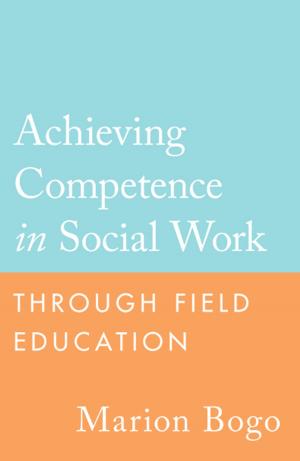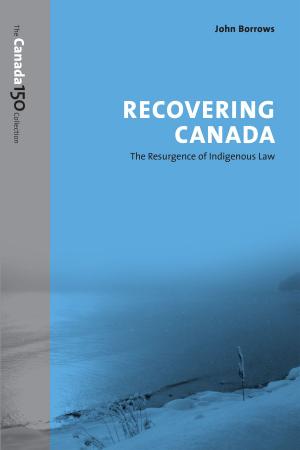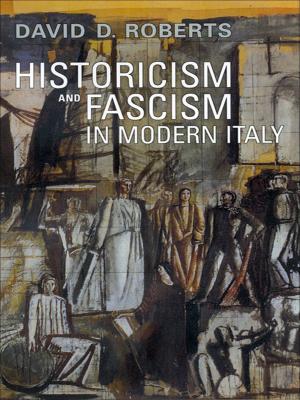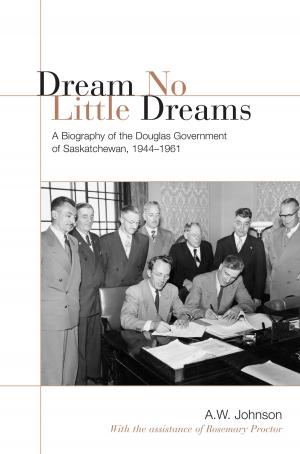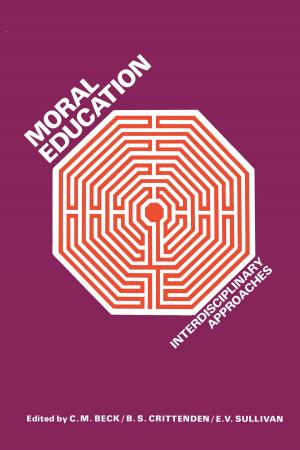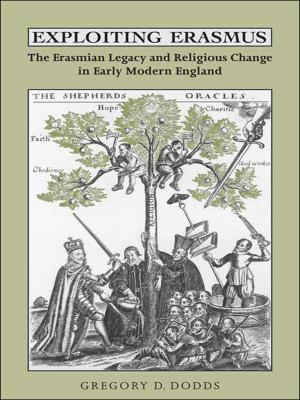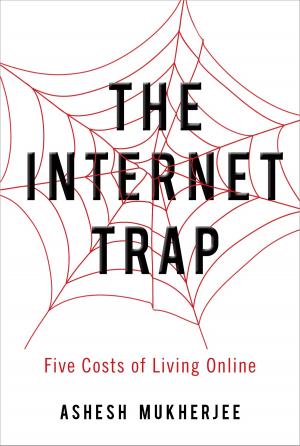Outward and Upward Mobilities
International Students in Canada, Their Families, and Structuring Institutions
Nonfiction, Social & Cultural Studies, Social Science, Social Work, Reference & Language, Education & Teaching, Educational Theory, Educational Reform, Higher Education| Author: | Ann Kim, Min-Jung Kwak | ISBN: | 9781487530570 |
| Publisher: | University of Toronto Press, Scholarly Publishing Division | Publication: | February 7, 2019 |
| Imprint: | Language: | English |
| Author: | Ann Kim, Min-Jung Kwak |
| ISBN: | 9781487530570 |
| Publisher: | University of Toronto Press, Scholarly Publishing Division |
| Publication: | February 7, 2019 |
| Imprint: | |
| Language: | English |
People move out to move up. Like other migrant groups, student mobility is a form of social mobility, and one that requires access from a host state. But there are multiple institutions with which students interact and that influence the processes of social mobility. Outward and Upward Mobilities investigates the connection between student and institution.
The collection features work by key scholars in the field and considers international students from across Canada regardless of legal status. Exploring how international students and their families fare in local ethnic communities, educational and professional institutions, and the labour market, this volume demonstrates the need to ask more critical questions about the short- and long-term effects of temporary legal status, how student and family experiences differ by educational level and region of settlement, the barriers to and facilitators of adaptation and integration, and ultimately, to what extent individual, familial, institutional, and state goals function in harmony and in discord.
People move out to move up. Like other migrant groups, student mobility is a form of social mobility, and one that requires access from a host state. But there are multiple institutions with which students interact and that influence the processes of social mobility. Outward and Upward Mobilities investigates the connection between student and institution.
The collection features work by key scholars in the field and considers international students from across Canada regardless of legal status. Exploring how international students and their families fare in local ethnic communities, educational and professional institutions, and the labour market, this volume demonstrates the need to ask more critical questions about the short- and long-term effects of temporary legal status, how student and family experiences differ by educational level and region of settlement, the barriers to and facilitators of adaptation and integration, and ultimately, to what extent individual, familial, institutional, and state goals function in harmony and in discord.
